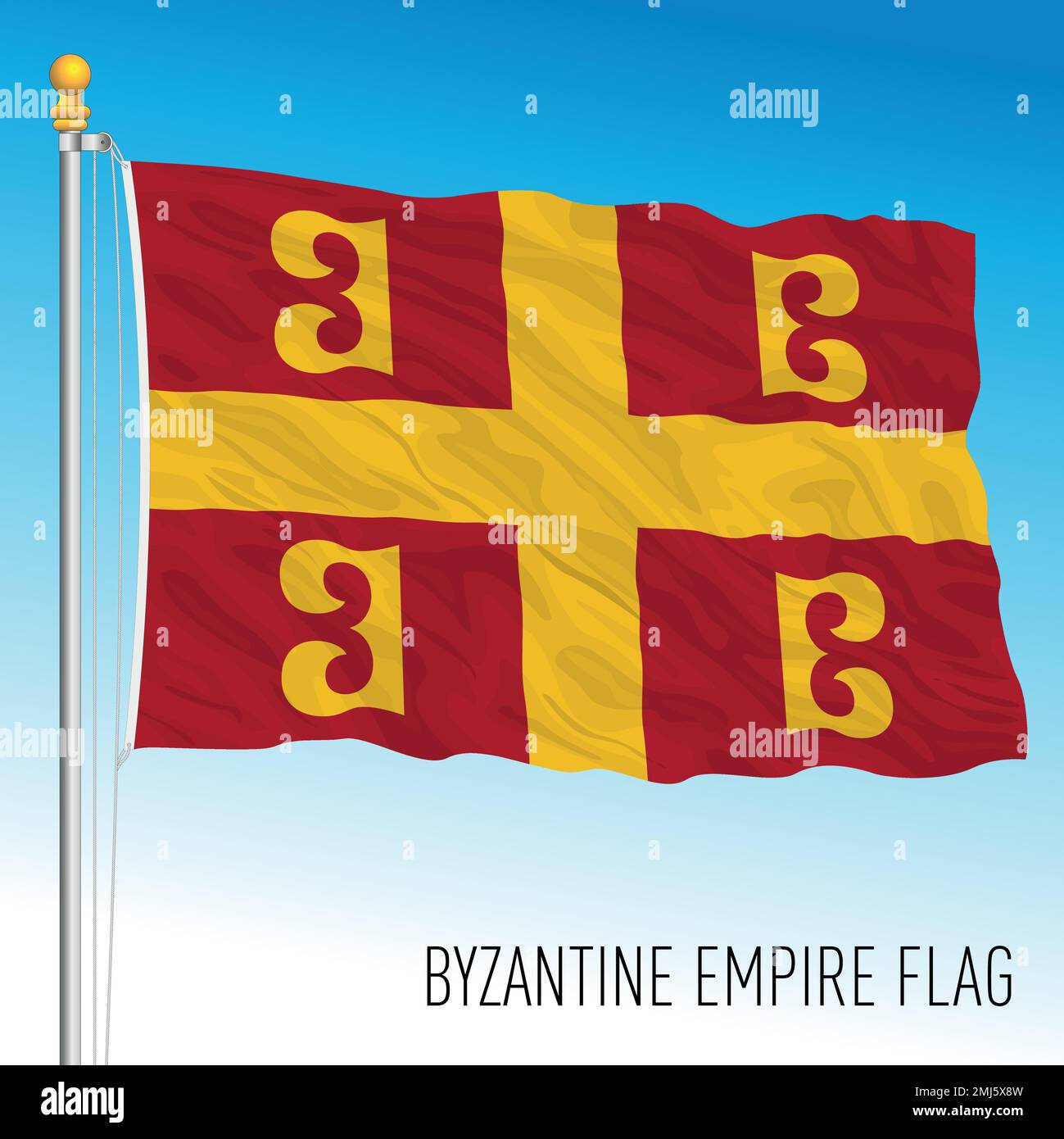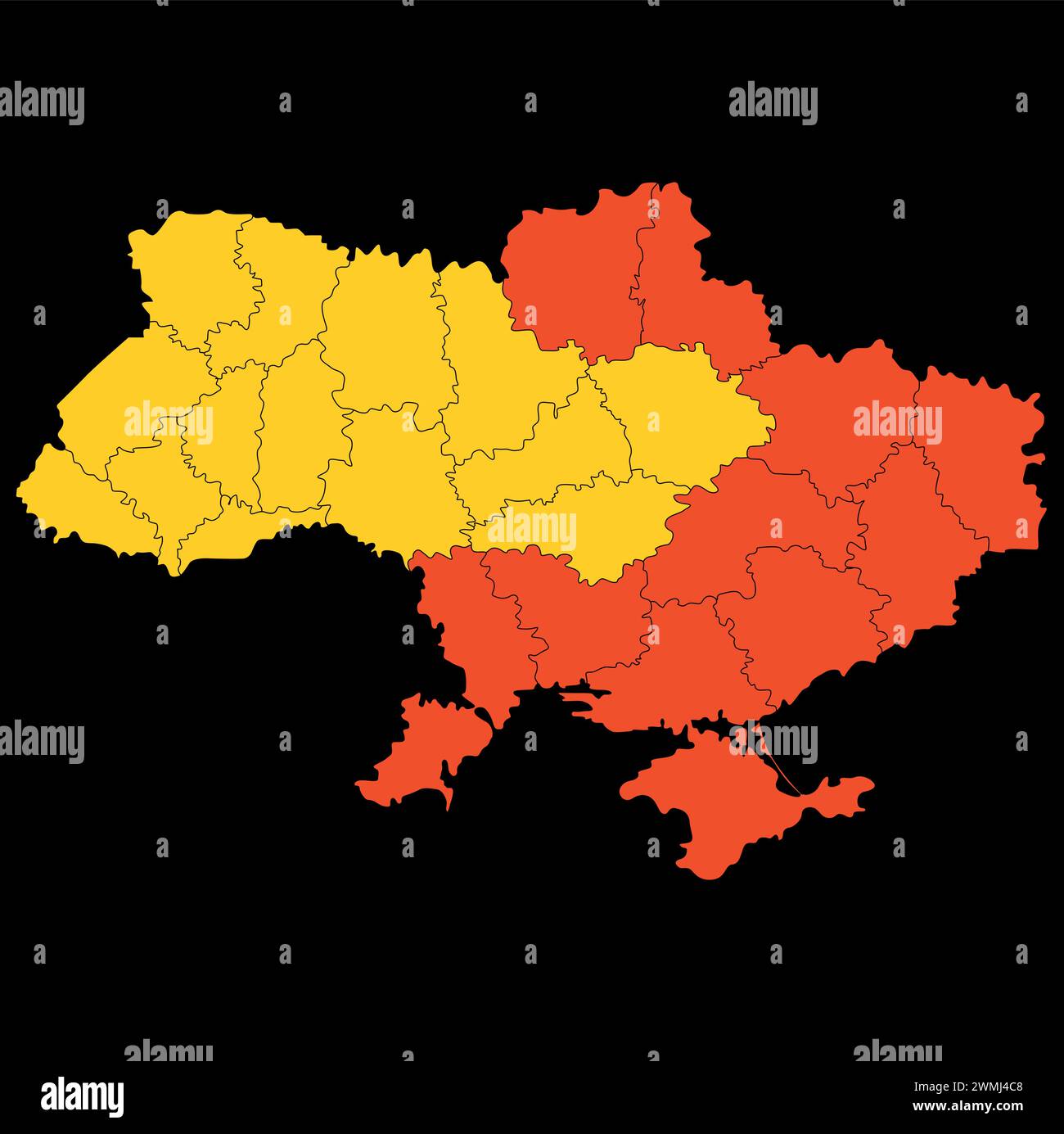Is Britain a European country? This question might seem straightforward, but the answer is far more nuanced than it appears. Britain, officially known as the United Kingdom (UK), is geographically part of Europe, yet its political and cultural identity has often sparked debates. Whether you're a student, traveler, or simply curious about global geography, understanding Britain's relationship with Europe is essential. In this article, we will explore the geographical, historical, and cultural ties that define Britain's position in Europe.
Geographically, Britain is an island nation located off the northwestern coast of mainland Europe. It shares maritime borders with several European countries, including France, Belgium, and the Netherlands. However, its political relationship with Europe has been complicated by events such as Brexit, which reshaped the UK's ties with the European Union (EU). This article will delve into these complexities, providing a comprehensive overview of Britain's European identity.
By the end of this article, you'll have a clear understanding of whether Britain is considered a European country and the factors that influence this perception. We'll also address frequently asked questions and provide trustworthy sources to support our findings. Whether you're planning a trip to Britain or simply want to expand your knowledge, this guide will equip you with the insights you need.
Read also:What Does Lfgg Mean Unlock The Mystery Behind This Trending Term
Table of Contents
- Geographical Perspective: Britain's Location in Europe
- Historical Ties Between Britain and Europe
- The Political Landscape: Britain and the European Union
- Cultural Identity: Is Britain Truly European?
- Economic Connections Between Britain and Europe
- The Impact of Brexit on Britain's European Status
- Travel and Tourism: Britain as a European Destination
- Public Opinion on Britain's European Identity
- Future Outlook: Britain's Role in Europe
- Conclusion: Is Britain a European Country?
Geographical Perspective: Britain's Location in Europe
From a geographical standpoint, Britain is undeniably part of Europe. The island of Great Britain, which includes England, Scotland, and Wales, is located off the northwestern coast of mainland Europe. The United Kingdom also includes Northern Ireland, which shares a land border with the Republic of Ireland, another European country. This geographical positioning places Britain firmly within the European continent.
Britain's proximity to mainland Europe has historically influenced its development. The English Channel, a body of water separating Britain from France, has served as both a natural barrier and a gateway for cultural exchange. Over the centuries, this strategic location has allowed Britain to engage in trade, diplomacy, and conflict with its European neighbors.
Key Geographical Facts About Britain
- Britain is the ninth-largest island in the world and the largest in Europe.
- The closest point between Britain and mainland Europe is the Strait of Dover, which is approximately 33 kilometers wide.
- The UK shares maritime borders with France, Belgium, the Netherlands, and Norway.
Historical Ties Between Britain and Europe
Britain's history is deeply intertwined with Europe. From the Roman Empire's conquest of Britain in 43 AD to the Norman Conquest in 1066, European powers have played a significant role in shaping the nation's identity. These historical events laid the foundation for Britain's cultural, political, and economic connections with Europe.
During the Middle Ages, Britain was a key player in European affairs, participating in events such as the Crusades and the Hundred Years' War. The Renaissance period further strengthened ties, as ideas and innovations spread across the continent. In the modern era, Britain's colonial empire expanded its influence globally, but its European roots remained a central part of its identity.
Notable Historical Events
- The signing of the Treaty of Rome in 1957, which led to the creation of the European Economic Community (EEC).
- Britain's accession to the EEC in 1973, marking a new chapter in its relationship with Europe.
- The Brexit referendum in 2016, which resulted in Britain's decision to leave the European Union.
The Political Landscape: Britain and the European Union
Politically, Britain's relationship with Europe has been complex. After joining the European Economic Community in 1973, Britain became an integral part of the European project. However, debates over sovereignty and economic policies often strained its ties with Brussels, the EU's administrative center.
The turning point came in 2016, when the UK held a referendum on its membership in the EU. The result, commonly referred to as Brexit, saw 52% of voters choosing to leave the bloc. This decision marked a significant shift in Britain's political landscape and raised questions about its future role in Europe.
Read also:Unveiling The 7th Treasure A Journey Into Hidden Gems And Mystical Riches
Impact of Brexit on Britain's Political Identity
- Loss of voting rights in EU institutions.
- Changes in trade agreements and border controls.
- Ongoing negotiations to redefine Britain's relationship with European countries.
Cultural Identity: Is Britain Truly European?
Culturally, Britain's identity is a blend of European and global influences. While it shares many traditions with its European neighbors, such as language, art, and cuisine, it also boasts a distinct identity shaped by its history and global connections.
For example, British literature, music, and theater have had a profound impact on European culture. Shakespeare, the Beatles, and the Royal Shakespeare Company are just a few examples of Britain's cultural contributions. At the same time, British culture has been influenced by European trends, from Renaissance art to contemporary fashion.
Unique Aspects of British Culture
- The English language, which serves as a global lingua franca.
- Traditional customs such as afternoon tea and the monarchy.
- A diverse population with roots in Europe, the Commonwealth, and beyond.
Economic Connections Between Britain and Europe
Economically, Britain has long been a key player in Europe. As a member of the EU, it benefited from access to a single market and customs union, which facilitated trade and investment. However, Brexit has introduced new challenges, including tariffs, regulatory barriers, and supply chain disruptions.
Despite these challenges, Britain remains one of Europe's largest economies. Its financial hub, London, continues to attract businesses and investors from across the continent. Additionally, sectors such as tourism, manufacturing, and technology rely heavily on European markets.
Key Economic Indicators
- Britain's GDP ranks sixth globally and second in Europe.
- The EU is Britain's largest trading partner, accounting for nearly half of its trade.
- Post-Brexit trade agreements aim to maintain strong economic ties with Europe.
The Impact of Brexit on Britain's European Status
Brexit has had a profound impact on Britain's European identity. While it remains geographically part of Europe, its political and economic separation from the EU has created a sense of distance. The decision to leave the bloc was driven by concerns over immigration, sovereignty, and economic independence.
However, Brexit has also sparked debates about Britain's future. Some argue that leaving the EU allows Britain to forge stronger ties with non-European countries, while others believe it risks isolating the nation from its closest neighbors.
Challenges and Opportunities Post-Brexit
- Negotiating new trade deals with European and non-European countries.
- Addressing labor shortages and immigration policies.
- Rebuilding trust and cooperation with EU member states.
Travel and Tourism: Britain as a European Destination
For travelers, Britain is often considered a quintessential European destination. Its rich history, iconic landmarks, and vibrant cities attract millions of visitors each year. From the ancient stone circles of Stonehenge to the bustling streets of London, Britain offers a diverse range of experiences.
Despite Brexit, Britain remains accessible to European travelers. The UK's tourism industry continues to thrive, benefiting from its cultural heritage and natural beauty. Popular destinations include the Scottish Highlands, the Lake District, and historic cities like Edinburgh and Bath.
Top Attractions in Britain
- The Tower of London and Buckingham Palace.
- The British Museum and Tate Modern.
- Natural wonders like the Giant's Causeway and the White Cliffs of Dover.
Public Opinion on Britain's European Identity
Public opinion on Britain's European identity is divided. While some Britons identify strongly with Europe, others see themselves as distinct from the continent. This divide was evident in the Brexit referendum, where age, education, and geography influenced voting patterns.
Surveys conducted after Brexit show that attitudes are evolving. Younger generations, in particular, tend to view Britain as part of Europe, while older voters are more likely to emphasize its uniqueness. These shifting perspectives highlight the complexity of Britain's European identity.
Key Findings from Recent Surveys
- 60% of Britons believe Brexit has weakened the UK's global influence.
- 70% of young people support closer ties with Europe.
- Regional differences, with Scotland and Northern Ireland more pro-European than England.
Future Outlook: Britain's Role in Europe
Looking ahead, Britain's role in Europe remains uncertain. While it is no longer part of the EU, it continues to engage with European countries through diplomacy, trade, and cultural exchange. The challenge lies in balancing its global ambitions with its European heritage.
One potential avenue for cooperation is climate change. As a leader in environmental policy, Britain can work with European nations to address shared challenges. Similarly, security and defense partnerships could strengthen ties in an increasingly uncertain world.
Possible Scenarios for Britain's Future
- Rejoining the EU or forming a new partnership with European countries.
- Pursuing closer ties with Commonwealth nations and other global powers.
- Maintaining a balance between European and non-European alliances.
Conclusion: Is Britain a European Country?
In conclusion, Britain is both geographically and culturally part of Europe, but its political and economic ties have grown more complex in recent years. While Brexit has reshaped its relationship with the continent, Britain's European identity remains undeniable. Its history, culture, and geography are deeply intertwined with Europe, making it an integral part of the continent's story.
We hope this article has provided valuable insights into Britain's European identity. If you found this guide helpful, please consider sharing it with others or leaving a comment below. For more information on Britain and its global connections, explore our other articles on travel, history, and culture.

